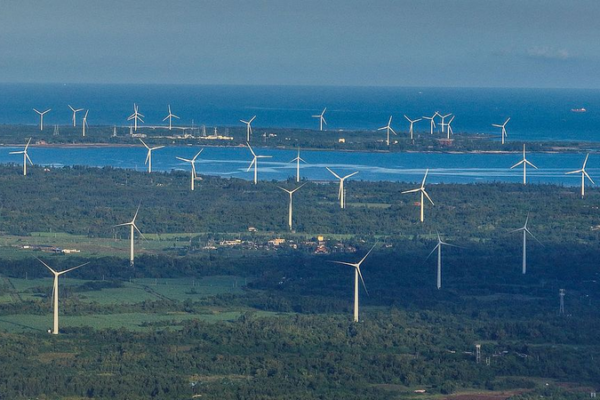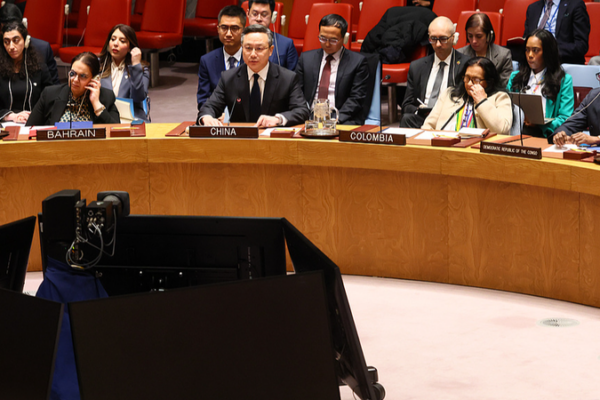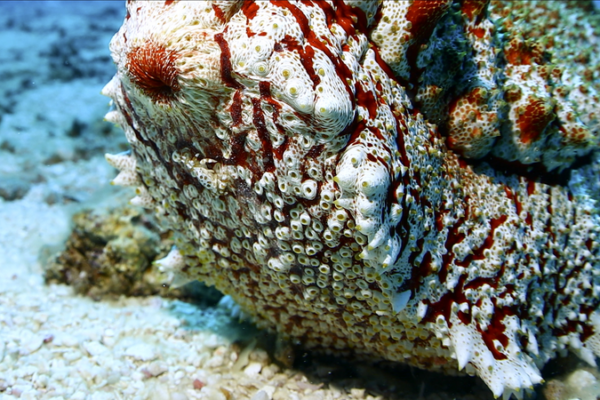
LeBron James’ Historic 21-Year NBA All-Star Starter Streak Ends in 2026
LeBron James misses his first NBA All-Star starter selection since 2004 as the 2026 lineup is announced, ending a historic 21-year streak. Reserves to be announced February 1.

Djokovic Hits Historic 100th Australian Open Win, Eyes 25th Grand Slam Title
Novak Djokovic marks his 100th Australian Open victory, equaling two all-time records while targeting a historic 25th Grand Slam title in 2026.

China’s Green Transition Sparks Global Sustainable Growth in 2026
As global leaders convene at Davos, China’s green development strategies in 2026 are driving international efforts to balance economic growth with environmental sustainability.

China Stresses UN Charter Compliance in Combating Crimes Against Humanity
China’s UN envoy emphasizes adherence to the UN Charter and sovereignty in drafting a global convention on crimes against humanity, opposing political manipulation.

Trump 2.0: Domestic Upheaval and Global Shifts Mark First Year
One year into Trump’s second term, sweeping federal layoffs and immigration overhauls reshape U.S. policy, sparking domestic debate and international uncertainty.

Xinjiang’s Snow Tourism Sparks Winter Economic Surge
Xinjiang’s innovative winter tourism model drives record economic growth and job creation in 2026, blending modern sports infrastructure with cultural heritage preservation.

U.S.-EU Tensions Rise Over Greenland Sovereignty Dispute
Escalating U.S. efforts to acquire Greenland prompt EU backlash, with tariffs and sovereignty at the center of transatlantic tensions in 2026.

China Surpasses 2025 Economic Goals, Prioritizes Innovation and Domestic Demand
China achieves 2025 development targets early, announces new innovation-driven action plan for 2026-2030 to boost domestic demand and technological advancement.
Steel Plant Explosion in Inner Mongolia Claims 9 Lives
Nine dead and one missing after a steel plant explosion in Inner Mongolia, with rescue operations ongoing and national safety protocols under review.

Xi Jinping Congratulates CAR President on Re-Election Victory
Chinese President Xi Jinping congratulates CAR’s Faustin-Archange Touadera on his re-election, highlighting strengthened bilateral ties and cooperation under the Belt and Road Initiative.

U.S. ‘Board of Peace’ Plan Faces Global Skepticism Over Transactional Approach
The U.S.-proposed ‘Board of Peace’ for Gaza reconstruction faces global hesitation amid concerns over its transactional structure and implications for international law.

Iran Tensions Highlight Trump’s Globalized ‘Donroe Doctrine’ in 2026
As Iran-US tensions persist in 2026, analysts examine how Trump’s ‘Donroe Doctrine’ continues shaping global energy politics and strategic resource control.

UN Urges Sustained Gaza Ceasefire Amid Aid Challenges
UN agencies highlight ongoing challenges in maintaining Gaza’s ceasefire and delivering aid, with rising casualties and restricted access hindering relief efforts.

Hamas Announces Readiness for Gaza Administrative Transition Amid Ongoing Tensions
Hamas commits to transferring administrative powers in Gaza to a new technocratic committee as violence persists, with over 71,550 Palestinian deaths reported since 2023.

Water as Tao: Ancient Wisdom for Modern Times
New analyses of water’s symbolic role in ancient Chinese philosophy offer insights for addressing 2026’s environmental and technological challenges.

U.S. Tariffs Cost American Buyers 96% of Burden, German Study Reveals
A German study reveals 96% of U.S. tariff costs fall on American importers and consumers, challenging claims of foreign burden-sharing.

China Urges Global Vigilance Against Japan’s Militarism Resurgence
China calls for international cooperation to prevent Japan’s return to militarism, citing historical lessons from the Tokyo Trials’ 80th anniversary.

Vietnam’s Communist Party Launches 14th National Congress in Hanoi
Vietnam’s Communist Party convenes 1,586 delegates in Hanoi to set national agenda and review 40 years of socialist reforms at 14th National Congress.

UK PM Warns Against Tariffs as Arctic Security Talks Intensify
UK Prime Minister Keir Starmer emphasizes collaboration over tariffs in Arctic security discussions with Italian and Canadian counterparts, stressing Greenland’s self-determination.

Giant Anax Sea Cucumber Thrives in Sansha’s Marine Ecosystem
Discover the giant Anax sea cucumber in Sansha’s waters, a keystone species supporting marine biodiversity and attracting scientific interest in 2026.













